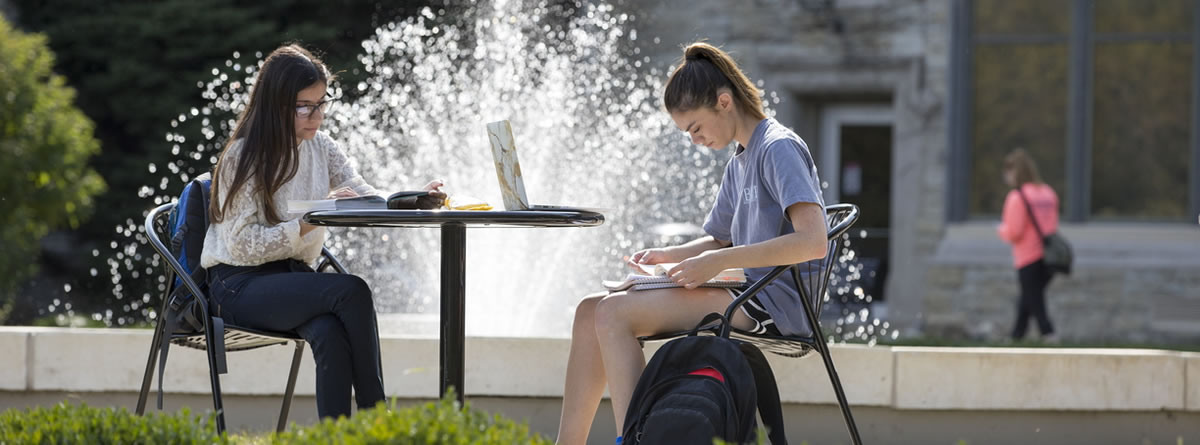- Academic Integrity Tutorials
- Student Tutorial
- Consequences

Student Tutorial: Consequences for Academic Dishonesty
The most obvious consequences of academic dishonesty are the penalties the university can impose on the offending student. A discussion of these penalties can be found in the undergraduate and graduate catalogs (NIU, 2024a; NIU, 2024b).
In addition to official university sanctions, other consequences include serious moral, ethical, social and academic concerns, as cited by Cizek (2003).
Social Consequences
Cizek (2003) discusses the moral consequences of cheating, including the "habit-forming" nature of cheating and cheating's devaluation of hard work, integrity, and fairness. The habitual nature of cheating indicates that those who cheat in academic activities and think they can get away with it may continue to cheat at work, in family life, and in other aspects of life. In the long run, this attitude can be harmful not only to the cheater, but to everyone else affected by their actions.
Check Your Understanding
Where can I find information on university penalties for academic dishonesty?
It can be found in the undergraduate or graduate catalogs.
Loss of Intellectual Property
Academic dishonesty, such as plagiarism, is the equivalent of stealing another person's property. An original work (idea, writing, design, art, music, etc.) created by someone is the "currency" for that individual and when another person uses it without permission, the author loses their intellectual property, recognition and possible income.
Inaccurate Assessment
When students cheat or plagiarize in academic activities, instructors cannot accurately assess student performance or evaluate students' mastery of the knowledge, skills and applications necessary in their field. As a result, institutions may grant credentials to those who do not really deserve them, which can have serious practical ramifications in the workplace.
Practical Concerns
When students who commit acts of academic dishonesty are granted credentials confirming that they have successfully completed a course or program of study when they have not, it can have serious consequences in the workplace. For example, if someone obtained the credentials to practice medicine, engineering or law through habitual academic dishonesty, public safety and welfare could be jeopardized.
The practical concerns that impact employers ultimately impact alumni as well. If an employer hires someone who obtained their credentials dishonestly, the potential incompetence of the graduate would reflect badly on the graduate's alma mater-a situation that could hurt future graduates' employment prospects.
Legal Consequences
At times, faculty may involve students in projects granted to the university by external sponsors (businesses, government agencies or professional organizations) to provide students with opportunities for working on real-life problems. If students cheat, plagiarize, falsify or fabricate data in such projects, sponsors can take formal actions against the university. These actions could include fines, loss of future projects to the university or lawsuits. Such actions have serious consequences, as they not only ruin the reputation of the university, but also result in loss of opportunities for other students in the future.
Other Social/Academic Consequences
If students continue to be academically dishonest, educators must spend time policing students instead of educating them. An educational atmosphere such as this stifles educators' enthusiasm and saps their energy for more productive student/teacher interaction. Ultimately, morale declines, along with the quality of education. Thus, academic dishonesty has long-term societal consequences.
Students' Self-esteem
Students who cheat and at first get away with it may, in the long run, feel guilty and suffer from low self-esteem. This loss of self-respect can lead to a host of other problems, including difficulties with their careers, families, and other important aspects of life.
Although some students may think cheating is harmless and that its potential penalties would impact only themselves, it is crucial that they understand the far-reaching consequences of academic dishonesty and the serious societal and personal ramifications it can have.
- Student Tutorial
The Academic Integrity Tutorial for Students is licensed under a Creative Commons Attribution-NonCommercial-ShareAlike 4.0 International License.
